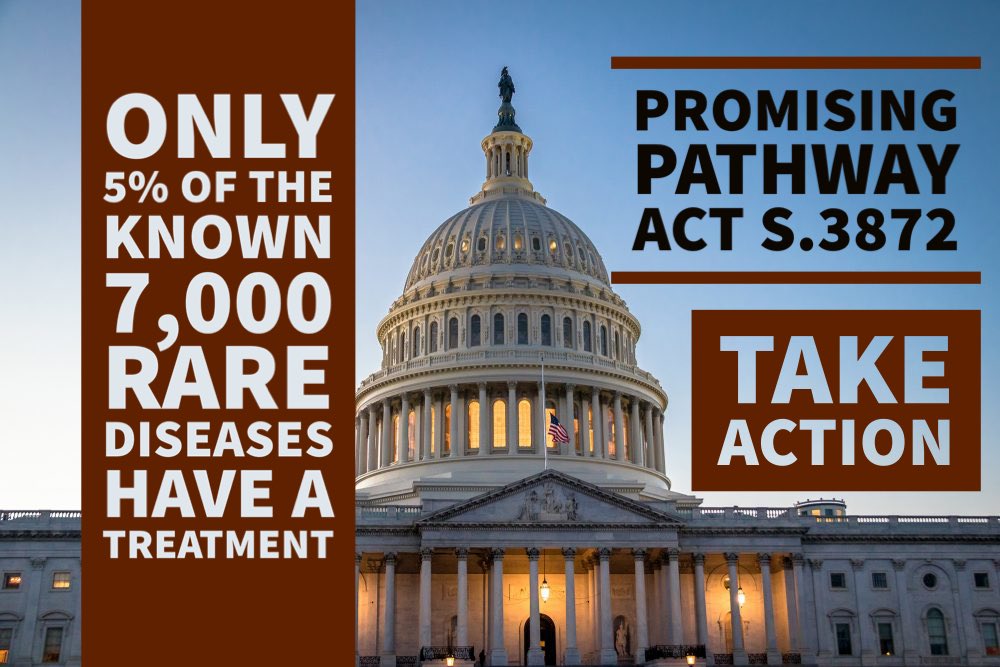
Back in May, I participated in the Head to the Hill event. The focus was to urge congressional representatives and senators to fund vital research and clinical trials that target brain cancer, like Glioblastoma Multiforme. On July 22nd, Glioblastoma Awareness Day, there was a lot of social media postings remembering people like John McCain and Ted Kennedy. However, I did not see much being mentioned around proposed legislation or budget changes related to brain cancer research or clinical trials.
With all the Coronavirus/ COVID-19 coverage, and now election partisanship reporting, anything related to cancer medical research is likely drowned out. Even with these distractions, I know there are scientists and clinicians who are heads down charting a course forward. As someone who is familiar with the drug approval process, to say that it is time-intensive and burdensome would be an understatement.
So, I was pleased to stumble upon the Promising Pathways Act (S.3872). It was introduced back in June. This bill creates a new pathway for FDA approval, specifically for rare diseased like ALS and brain cancer. Some key points I have gleaned are:
- Tries to reduce the time and money needed to get new treatments approved
- Accelerates and hopefully increases the amount of research done, compared to existing pathways
- Allows doctors to create combination therapies
- Provides a real world evidence registry for evaluating effectiveness and safety
The Promising Pathways Act dovetails nicely with the GBM AGILE vision, that the National Brain Tumor Society is a huge advocate for. I expect there are detractors who do not support this bill. I think it is important to understand their argument and what they stand to lose. I agree the bill isn’t perfect, but “perfect is the enemy of good”.
If you agree after reading this bill, please write to your congressional representative and senator urging them to pass the Promising Pathways Act.